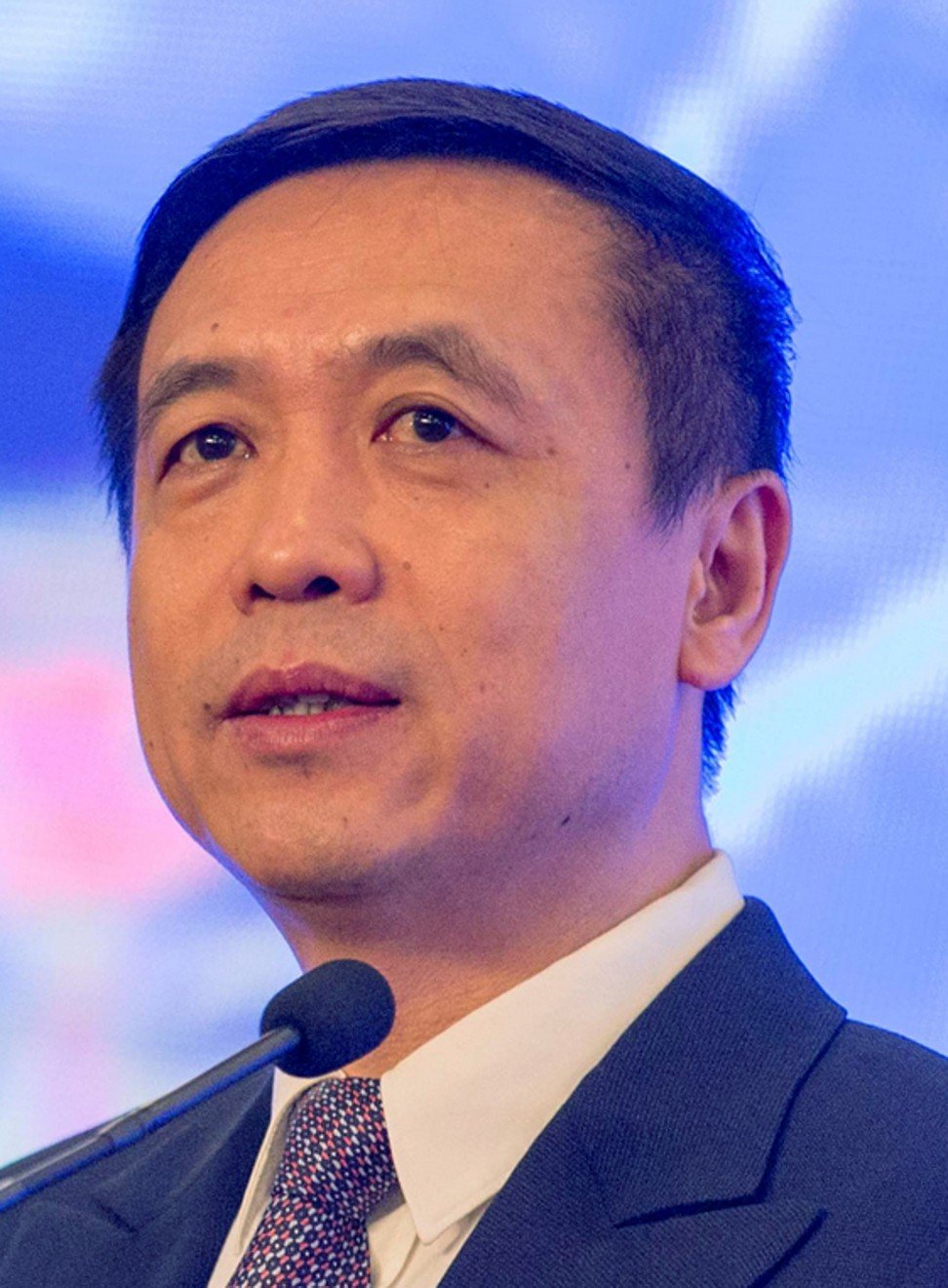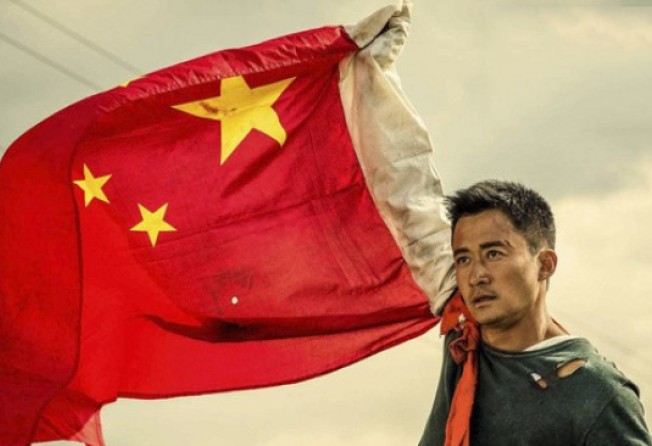
Beijing’s big screen dream: making China a ‘great movie nation’
Chief censor tells industry to make more films promoting socialist values and telling good stories about the country

The mainland media regulator wants to make China a “great nation” in filmmaking by producing more movies that promote socialist values and tell good stories about the country.
Its box office revenue is expected to reach 55 billion yuan (US$8.3 billion) this year, up 12 per cent from 49.2 billion yuan in 2016, said Zhang Hongsen, Vice-Minister of the State Administration of Press, Publication, Radio, Film and Television (SAPPRFT).
“We should expand China’s movie industry and market to kick-start this journey from being a big movie nation to becoming a great movie nation,” Zhang, who also heads the film bureau, said.
The film industry was flourishing, he said, because it follows the party’s ideological course.
“We have been sticking to a direction that centres on people in creating [films],” Zhang told reporters on the sidelines of the 19th party congress in Beijing. “We have been trying hard to promote core socialist values and tell good China stories.”
China has about 49,000 cinema screens across the country – compared with 13,000 five years ago, according to Zhang. The number of movie tickets sold grew from 466 million in 2012 to more than 1.4 billion in 2016, he said.

But domestic and foreign filmmakers have complained about Beijing’s strict censorship rules, which keep viewers away from any content that is deemed politically sensitive or morally incorrect.
The film bureau headed by Zhang is responsible for scrutinising every scene and line of a movie before it is released in the world’s second-largest film market.
Rogier Creemers, a China media scholar at the University of Leiden, said there were problems with the notion that producing China-centric films would make people more predisposed towards the country.
“SAPPRFT is a propaganda department – it doesn’t want to make things that audiences like, it wants to make things that it wants to say,” he said. “This constant stream of notices, telling people to make more socialist value films … they’re signalling to their bureaucratic superiors that they’re working very hard.”
Daya Thussu, co-author of China’s Media Go Global, said Beijing had been trying to export its soft power for at least a decade, and film was part of this. But he downplayed Zhang’s comments about promoting socialist values in film, saying they were “more rhetorical than real”.
“With films specifically, this is relatively decent because initially the idea was that China should be able to tell its story to the world and try to limit the negative coverage it might get from Western, largely US, media,” he said. “That’s actually a good strategy because the US obviously has a long history of doing this … the problem is they are still at the early stages of producing entertainment which profits in a global marketplace.”
On Friday, the chief censor praised works that are both patriotic and popular, such as Wolf Warrior 2, an action film about a Chinese war hero that broke mainland box office records.
“The achievements of Chinese films are a vivid demonstration of China’s cultural confidence,” Zhang said.

In August, Wolf Warrior 2 became China’s top-grossing film of all time, raking in more than 3.5 billion yuan less than two weeks after it was released.
Zhang said the film industry had been developing in line with President Xi Jinping’s call for artists to spread “Chinese values” during a speech in 2014.
Sun Zhijun, deputy chief of the party’s propaganda department, reiterated that making money should not be the sole focus of filmmakers.
“[The cultural industry] must not become slaves of the market,” said Sun, who was also speaking on the sidelines of the congress. “It must always make social benefits its priority.”
Additional reporting by Sarah Zheng